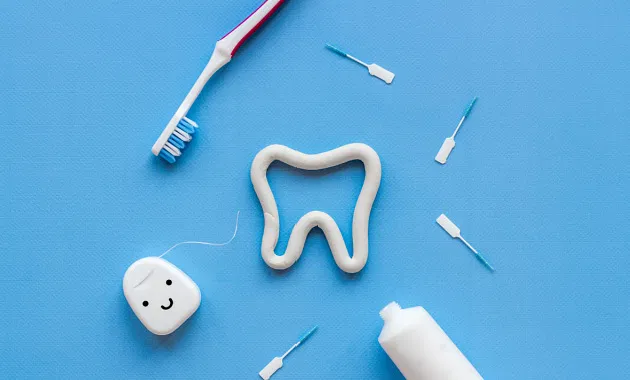
Your mouth is the gateway to good health. Poor oral health can cause pain and hinder eating, smiling and work activities; in addition, poor dental health has been linked with numerous diseases including diabetes, cardiovascular issues and cancer as well as adverse pregnancy outcomes.
Current dental hygiene services are predominantly provided by dentists in private practice environments. There is an effort underway to increase access to oral care by including dental hygiene as part of primary health services.
Water
Water is the best beverage to consume when it comes to dental health. While other beverages may contain acids that leave behind sugar for bacteria to feed off of, or could erode tooth enamel, water flushes away food particles, dislodges acids, and dilutes sugar levels – making for the optimal beverage choice!
Water can help replenish saliva volume and prevent dry mouth. Fluoridated tap water is ideal, since its sugar-laden constituents such as citrus or herb infusions contain more calories and sugar than simple, basic tap water.
Studies have revealed that P. intermedia and S. mutans bacteria responsible for periodontal disease decrease with increased daily water consumption; however, further investigation must be performed in order to verify this result.
Milk
Though some parents may worry that milk contains too much sugar and could contribute to tooth decay, studies show that it contains far less than other beverages such as soda. Furthermore, its calcium helps remineralize teeth and protect enamel from acids that may lead to decay.
Milk’s protein (k-casein) may help lower caries risk by inhibiting S. mutans’ glucosyltransferase enzyme and decreasing its ability to adhere to dental surfaces and S-HA (90). Furthermore, most milks come fortified with vitamin D which is essential for oral health.
Yogurt
Yogurt is one of the best foods you can eat to improve your oral health, thanks to its abundant source of probiotics that reduce harmful bacteria that causes cavities in your mouth. Opt for non-flavored varieties for maximum probiotics.
Yogurt contains calcium which strengthens teeth and can help prevent cavities, as well as decreasing production of hydrogen sulfide by bacteria in your mouth, leading to bad breath or halitosis (bad breath).
Apples
Apples have earned themselves the moniker “nature’s toothbrush”, as their fibrous texture helps scrub teeth and remove stains while simultaneously cleansing gums, tongue, and helping reduce bacteria that cause bad breath.
Saliva production stimulated by these foods ensures food particles are washed away while neutralizing acid that could otherwise erode tooth enamel, and they contain vitamin C and antioxidants for added benefit.
Apples contain natural sugar that’s much less damaging to teeth than processed sweets found in candies or soda. Unfortunately, acidity from apples may erode tooth enamel over time; so eating apples only occasionally is advised.
Spinach
Spinach is full of calcium, helping keep teeth and bones strong. Additionally, spinach provides folic acid, potassium and low levels of sugar – ideal for helping prevent cavities – as well as iron which provides energy boosts while transporting oxygen through all cells of the body.
However, spinach contains an oxalic acid that can leave a gritty or chalky feeling on your teeth, which some people claim can be alleviated by lightly cooking or wilting its leaves before consumption. Furthermore, drinking plenty of water while eating spinach will help flush away its oxalic acid content; scientists have begun breeding varieties with reduced levels of this compound.
Almonds
Nuts contain numerous healthy fats and minerals, including calcium, phosphorous, magnesium, iron, vitamin A, B complex vitamins, and niacin. But when eaten regularly and aggressively they can also be abrasive enough to cause tooth decay if chewed hard enough.
To avoid damage, it is best to carefully chew nuts before eating them as whole pieces rather than in smaller chunks that could break off and be more likely to hit your teeth directly. Furthermore, salted nuts contain too much sodium which may increase plaque acid levels over time and potentially increase tooth sensitivity over time. If you are allergic to nuts it’s wise to consult a physician in order to manage it and ideally opt for organic almonds when possible.





More Stories
How to Eat for Your Body Type
Step Up Your Heart Health Game with Trusted Natural Solutions
Mental Health and Its Impact on Physical Well-Being